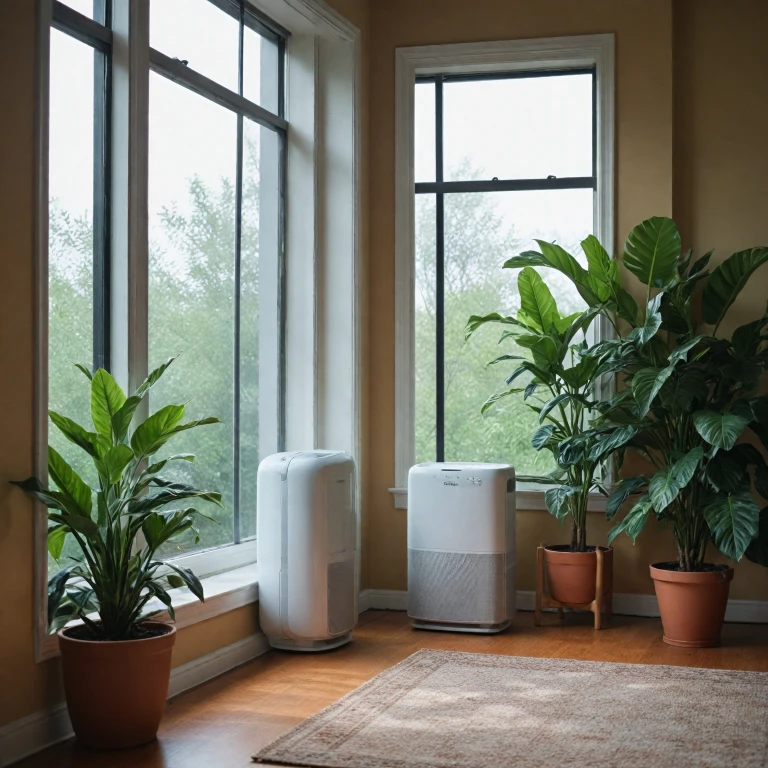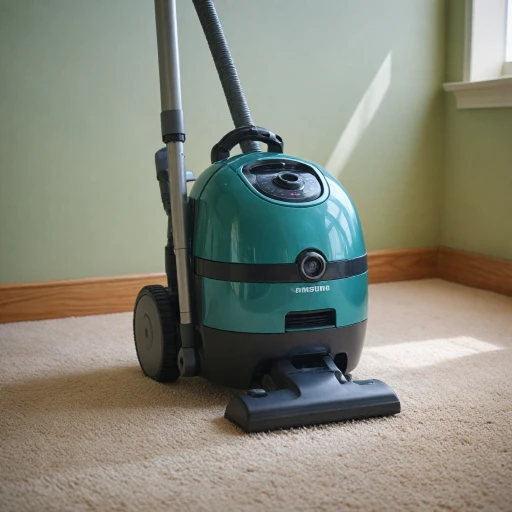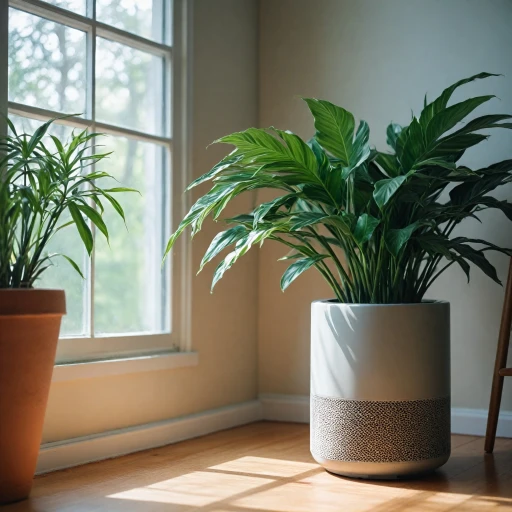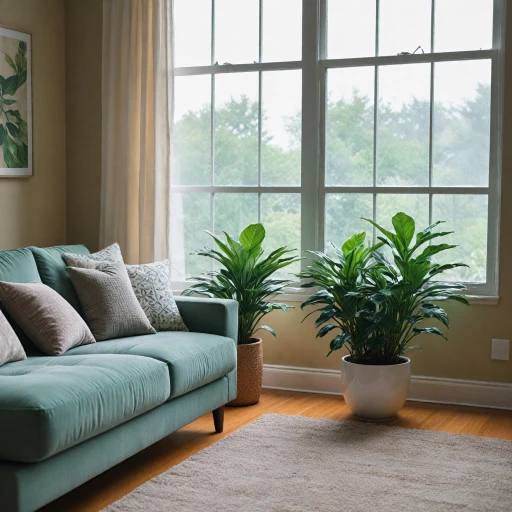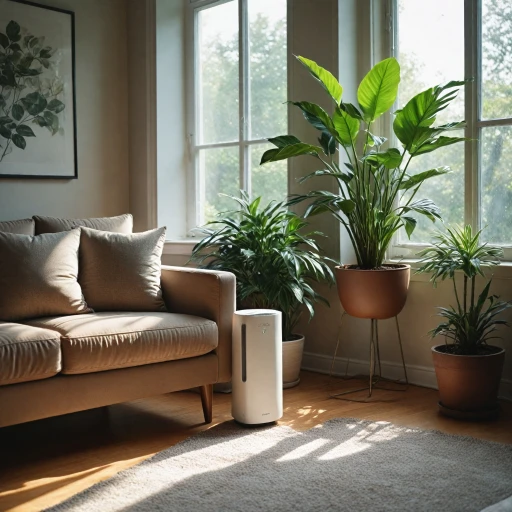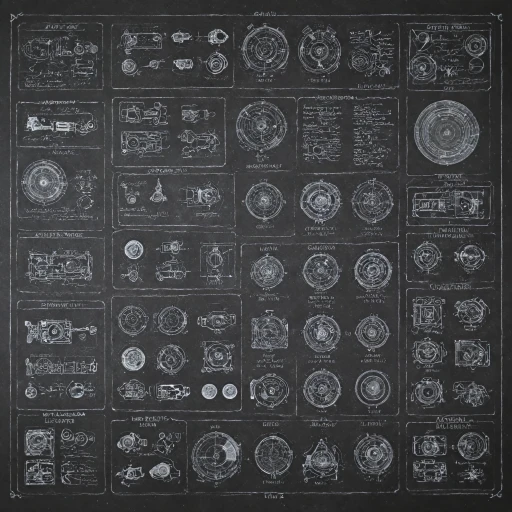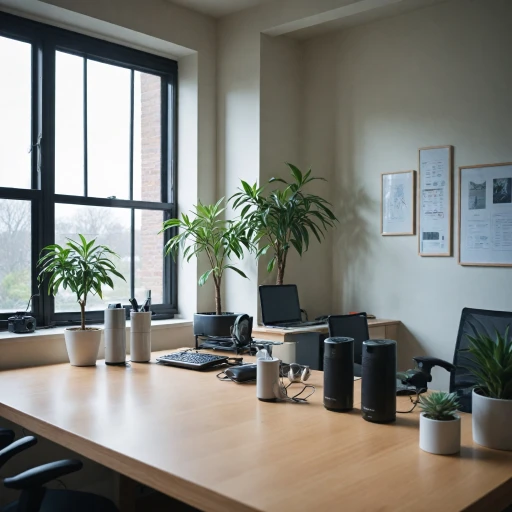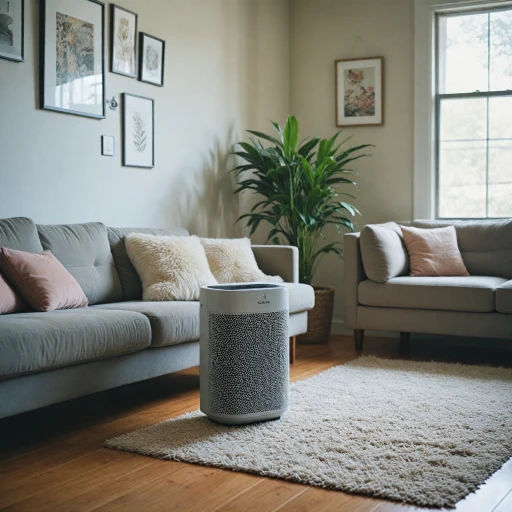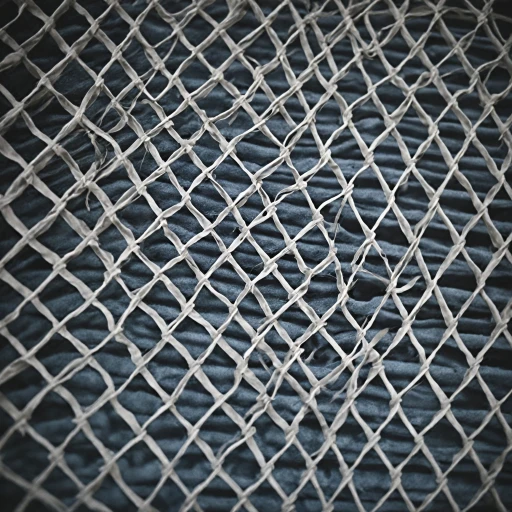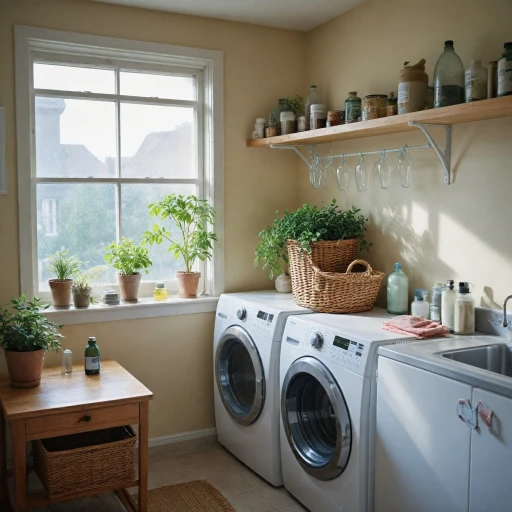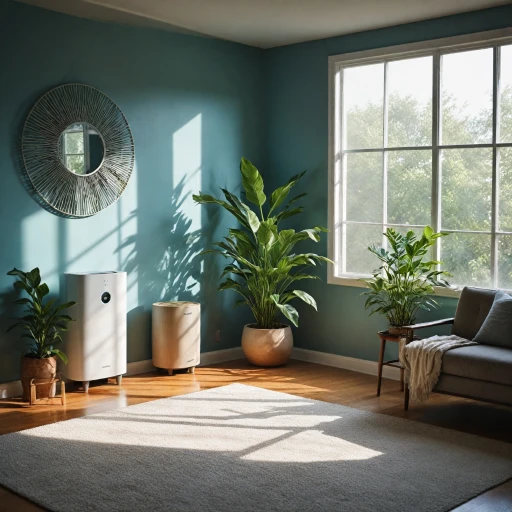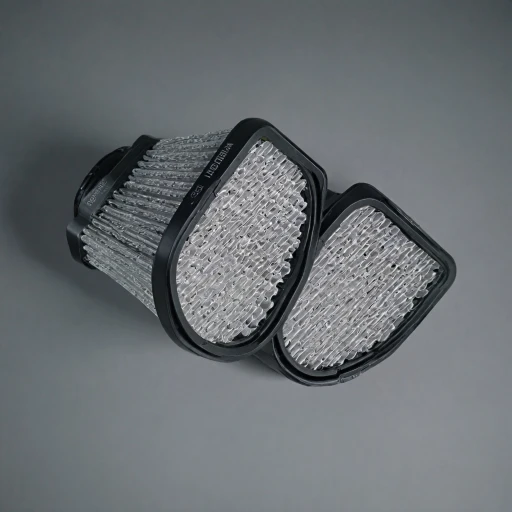
Understanding the Basics: Air Purifier vs. Dehumidifier
Decoding the Essentials: Air Purifiers and Dehumidifiers
Understanding the core functionalities of air purifiers and dehumidifiers is crucial when deciding which device best suits your needs. Both appliances contribute to a healthier indoor environment but address different concerns. Air purifiers work to improve air quality by removing particles such as dust, pollen, pet dander, and mold spores from the air. They utilize filters like HEPA and activated carbon to trap these particles, ensuring clean air circulates in your room. Some advanced models, like the Coway Airmega, can effectively target microscopic pollutants, helping to alleviate allergies and respiratory issues. On the other hand, dehumidifiers focus on extracting excess moisture from the air. A dehumidifier can significantly reduce indoor humidity levels, preventing mold mildew growth and dust mites, which thrive in damp environments. By maintaining optimal moisture air balance, dehumidifiers help protect your home from water damage and potential health risks associated with high humidity. Choosing between these devices depends on the specific air quality challenges you face. For an in-depth guide on air purifiers, including their benefits and considerations for different spaces, check out this helpful resource.When to Choose an Air Purifier
Opting for an Air Purifier: Ensuring Clean Indoor Air Quality
Air purifiers are designed to improve indoor air quality by removing harmful particles such as dust, pollen, pet dander, and mold spores. They achieve this through a range of filters, including HEPA and activated carbon filters. These devices are particularly beneficial in environments where allergens or pollutants are prevalent.
When should you choose an air purifier? This is an ideal choice if you or someone in your home suffers from allergies, asthma, or any respiratory issues. By reducing the concentration of airborne particles, air purifiers can significantly improve the overall air quality in your living spaces.
- Allergic Reactions: Effective in minimizing dust mite debris and pet dander, which are common triggers for allergies.
- Respiratory Health: An excellent option for enhancing air quality for those with asthma or other respiratory illnesses. The Coway Airmega is one well-known model often chosen for its efficiency.
- Mold and Mildew: Helps in removing mold spores from the air, though they do not eliminate moisture itself.
Consider the quality and type of air filter used in the purifier. HEPA filters are known for trapping fine particulate matter, while carbon filters are effective in neutralizing odors and gases. When thinking about purchasing an air purifier, you might also consider determining the right number of air purifiers for your space to ensure coverage is adequate throughout your home.
Air purifiers are best used in conjunction with other strategies to control indoor moisture and air quality. For instance, tackling humidity levels might require the use of a dehumidifier, as excess moisture can contribute to mold growth and other air quality issues. Ultimately, the choice will depend on your specific needs and concerns regarding air purity and comfort in your home.
When a Dehumidifier is the Right Choice
Determining Optimal Conditions for a Dehumidifier
Using a dehumidifier becomes essential when dealing with high humidity levels in your home. Excess moisture in the air can lead to a host of problems including mold and mildew growth, which can negatively impact indoor air quality and potentially cause health issues. Here are situations where a dehumidifier might be your best choice:- High Humidity: If the air in your room feels clammy or you see condensation on windows and walls, a dehumidifier can help reduce those moisture levels.
- Prevalence of Mold or Mildew: Notice mold spots on walls or a musty smell? A dehumidifier can help tackle this by extracting the moisture these fungi thrive on.
- Basements and Damp Spaces: Basements often have heightened humidity, making them an ideal breeding ground for mold. A dehumidifier helps keep these spaces dry.
- Dust Mites and Allergens: High humidity can promote the growth of dust mites and other allergens. With a dehumidifier, you can maintain a healthier indoor air environment by controlling moisture.
Key Features to Consider
Key Elements and Attributes to Inspect
When determining the right fit for your home between an air purifier, dehumidifier, or a combination, it is important to weigh the following features:
- Filter Type and Quality: Air purifiers commonly use HEPA filters known for capturing particles like dust, pet dander, and allergens. For enhanced indoor air quality, seek out models with an activated carbon filter, which helps in odor removal.
- Moisture and Air Management: Dehumidifiers focus on regulating humidity levels by extracting excess moisture from the air. This is essential in reducing the risk of mold and mildew. Consider units with reliable humidity readers and settings for personalized moisture control.
- Room Suitability: Consider whether the device caters efficiently to the room size you need it for. The Coway Airmega is an example of an air purifier designed for larger spaces, ensuring every corner gets clean air circulation.
- Energy Efficiency: To manage costs effectively, select energy-efficient models that do not ramp up electricity bills. Look out for units bearing energy stars or certifications.
- Noise Levels: Whether sleeping or working, a quiet unit can be beneficial. Seek devices with noise ratings suitable for your comfort, especially for bedrooms or offices.
Consideration of these features can guide you towards balancing cost, maintenance, and performance, ensuring the apparatus you choose effectively manages indoor air purifying needs or moisture air issues in your home.
Cost and Maintenance Considerations
Evaluating the Cost Factor
When deciding between an air purifier and a dehumidifier, understanding the cost implications is crucial. While each device serves a distinct purpose, they can impact your budget differently.- Initial Purchase Price: Air purifiers and dehumidifiers vary in cost, often determined by capacity and technology. For example, a high-quality model like the Coway Airmega offers advanced air-cleaning features, but may come with a higher price tag. Conversely, smaller dehumidifiers may be more affordable but might not effectively handle large rooms.
- Energy Consumption: Consider the energy efficiency of both devices. Dehumidifiers that run continuously to maintain desired humidity levels may increase electricity bills. Air purifiers, depending on the fan speed and filter type, can also add to energy costs.
- Maintenance Costs: Both devices require maintenance to ensure optimal performance. Air purifiers often need regular filter replacements, including HEPA filters and activated carbon filters, which can accumulate costs over time. Dehumidifiers require periodic cleaning to prevent mold and mildew growth, potentially adding to maintenance expenses.
- Longevity and Durability: Investing in durable models might save money in the long run. Devices like the Coway Airmega are known for their reliability, though still requiring regular maintenance to tackle dust mites, pet dander, and indoor air particles effectively.
Making the Right Choice for Your Home
Factors to Weigh for Selecting the Ideal Appliance
Deciding between an air purifier and a dehumidifier indeed boils down to your specific needs at home. Here are some factors to consider to make the most informed decision:- Identify the Main Issue: Analyze the key problem in your indoor environment. If you're battling high humidity, frequent mold growth, or moisture issues, a dehumidifier will significantly help in reducing excess moisture and inhibiting the growth of mold and mildew. On the other hand, if your main concerns are allergens like dust, pet dander, smoke, or improving air quality, air purifiers might be your best bet.
- Indoor Air Quality and Health Considerations: If someone in your family suffers from allergies or asthma, air purifiers with HEPA filters are effective in trapping dust, pollen, and other airborne particles. Remember, improving the quality of your indoor air can significantly impact your health and wellness.
- Space and Portability: Consider the size of your room. Air purifiers like the Coway Airmega are excellent for larger spaces. Conversely, portable dehumidifiers can be easily moved around to target areas with high humidity levels.
- Energy Efficiency and Operating Cost: Evaluate the energy consumption of both devices. Dehumidifiers may use more energy, especially in humid climates. Assess the long-term cost implications of running these devices and balance that against the benefits they deliver.
- Maintenance Needs: Compare the filter needs of air purifiers and the water emptying requirements of dehumidifiers. Air purifiers often have filters that require regular changing, while dehumidifiers will need their water reservoir to be emptied periodically.

